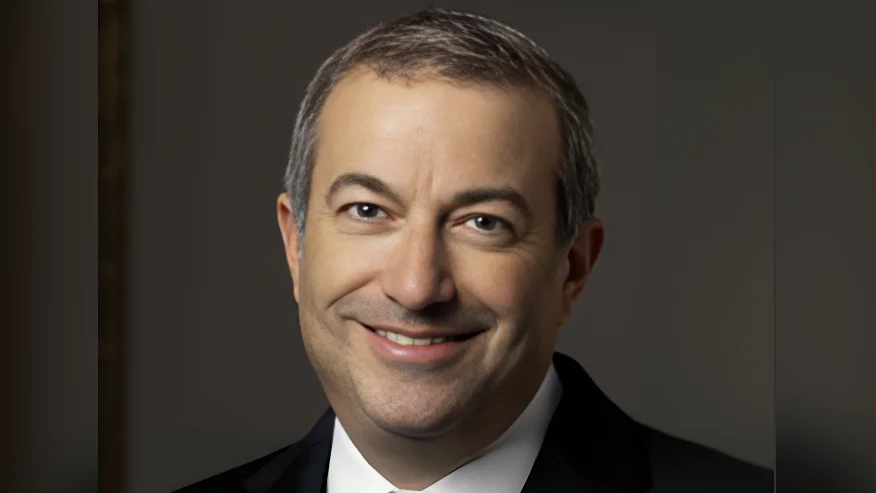Rabbi Dr. Ari Berman, President and Rosh Yeshiva | Yeshiva University
Rabbi Dr. Ari Berman, President and Rosh Yeshiva | Yeshiva University
Research from the Katz School has introduced an innovative AI model, PolypSEAG-Net, which promises to improve the detection of colorectal cancer by enhancing polyp segmentation in colonoscopy images. This advancement, discussed at the ACM/IEEE International Conference on Connected Health, addresses long-standing challenges in early polyp detection, a critical step in cancer prevention.
Colorectal cancer is a significant global health concern, largely due to the difficulty of identifying precancerous polyps, which can vary significantly in appearance and are often obscured by visual obstructions. PolypSEAG-Net aims to refine the process by employing deep learning technology. Its development integrates attention gates (AGs) and squeeze-and-excitation (SE) blocks to refine feature extraction and improve segmentation accuracy.
Lead author Dengyi Liu noted the challenges that traditional detection methods face, stating, “Despite advancements in artificial intelligence and deep learning, automatic polyp detection remains difficult.” This difficulty arises from the inadequacy of current methods, which rely on handcrafted features that do not generalize well across different datasets and conditions.
The new model’s key features include improved feature extraction to lower false positives and better segmentation, as well as attention mechanisms to focus on relevant image regions. “To evaluate its performance, we tested PolypSEAG-Net on three publicly available datasets,” said Dr. Ming Ma. The findings showed PolypSEAG-Net outperforming existing models across several metrics.
Dr. Hua Fang emphasized the potential impact in resource-limited settings: “The model’s efficiency and adaptability make it a strong candidate for low-resource settings, where access to highly trained specialists may be limited.” By integrating it into existing systems, gastroenterologists could benefit from AI-assisted diagnostics, highlighting suspicious polyps in real-time.
The researchers are considering future improvements, such as incorporating transformer-based architectures and meta-learning. Co-author Dr. Honggang Wang highlighted the broader implications of the research: “If implemented clinically, PolypSEAG-Net could save countless lives by making polyp detection faster, more accurate and more reliable than ever before.”






 Alerts Sign-up
Alerts Sign-up